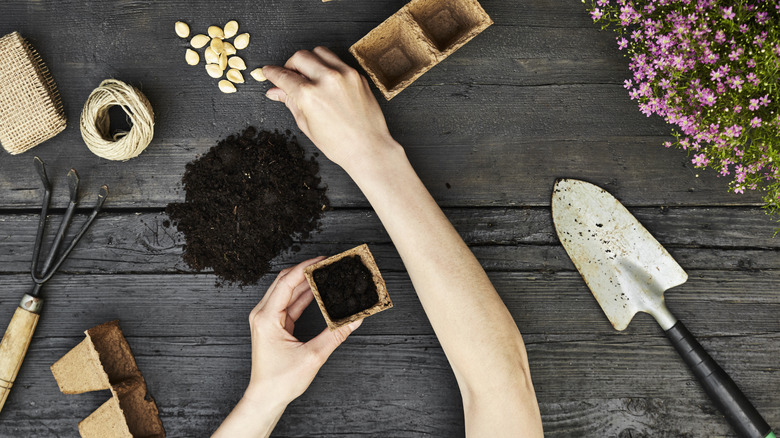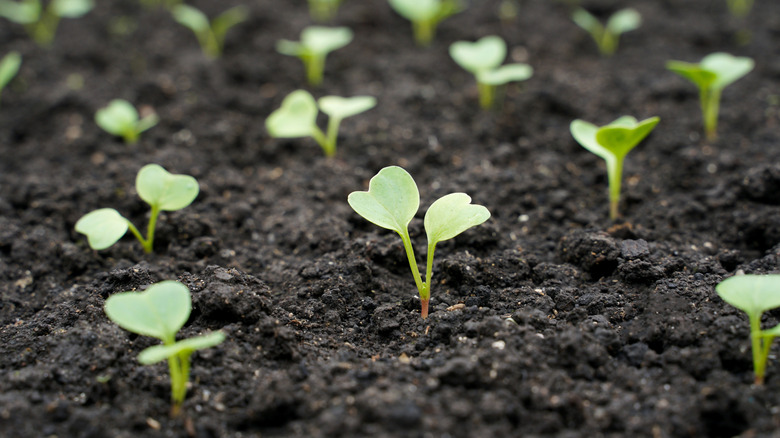Do Garden Seeds Ever Expire?
Perhaps you went a little wild last year at a seed swap or at your local garden store; those seed racks with all the different varieties are hard to pass up. Now, a year or more later, you're wondering if those old seeds are still going to work. The answer is kind of; it depends on a few factors, including the type of seed, the age, and how they've been stored.
But you can't usually find an expiration date on seed packages. What you can find are two dates that help you determine how viable they are: A "packed for" date and a "sell by" date. The first indicates when the seeds were packed and when they passed the required certification for their germination rate (the number of seeds that sprout within a given time). The second date is the period at which the manufacturer guarantees the seeds can germinate. It's a good indicator of their viability, but many seeds still grow after that date. For instance, cucumber, tomato, lettuce, and pepper plant seeds can last up to five years if stored in a cool dry place. Conversely, carrot and onion seeds tend to lose viability after about a year.
How to determine seeds are still viable
If you've gotten seeds from a swap and have no way of knowing their age, or if you're worried your seeds may be too old to germinate, there's a pretty simple way to test them: Take ten seeds, put them on a damp paper towel, and place them in a container in a sunny spot. Those old plastic takeout containers work well for this (they can also be used for growing seedlings indoors). Seed packages state how long it takes to germinate, or you can easily look this up. Once the seeds have sprouted, if you count six or less, you might want to get some new seeds. But don't toss them — they may still work for growing microgreens.
Whether you're planting an outdoor garden or are growing veggies indoors (avoid indoor vegetable garden mistakes, such as overwatering, among other vegetable gardening tips), it all starts with the seeds. Although seeds don't have an expiration date per se, they definitely lose their ability to germinate over time, especially if they're kept in poor conditions. So store your unused seeds in an airtight container somewhere, such as a cool basement or even your fridge, until the next planting season.

